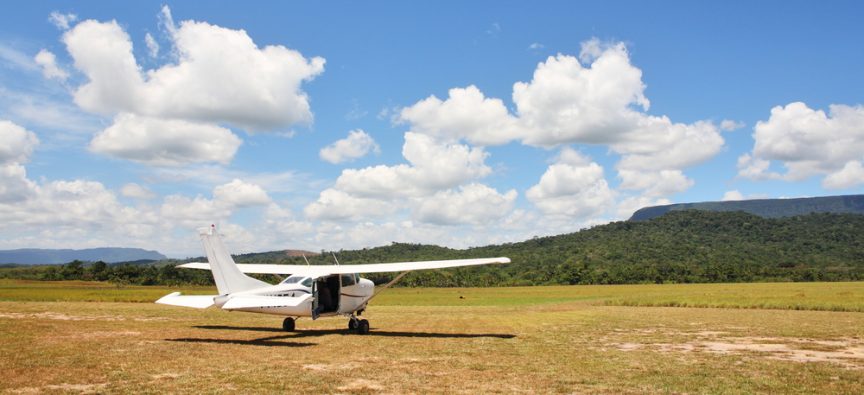With unpaved runways, communities across the Australian Outback can be better connected to the services they need to thrive.
The Australian Outback puts communities to the test. Covering nearly 8 million square kilometers and making up most of the continent, the Outback is home to far-flung towns and industries that are geographically and infrastructurally separated from the rest of Australia.
Given this reality, it’s critical that inhabitants of the Outback have access to the services they need when they need them. Ranging from business deliveries to medical attention, much of what these communities need has to come from more populous areas of the continent. While the exact mode of transport will differ from one region to the next, Australians living in the Outback have a rich tradition of turning to aviation for the support they need.
This tradition was on display recently when the Royal Flying Doctor Service (RFDS) completed its first landing of the RFDS Medi-Jet 24 — the first jet in the world specifically designed to deliver medical attention by air — on an unpaved runway in the Outback. While this moment is an exciting one, especially for the Australians who depend on the RFDS for expert care, it’s also important for stakeholders throughout the region to invest in the advanced technology necessary for unpaved runways to stand up to extended use and an extreme climate.
An Achievement for the Royal Flying Doctor Services
Based on the Pilatus PC-24 Super Versatile Jet, the Medi-Jet 24 will serve communities throughout Australia’s vast backcountry. By landing on an unpaved runway located on a South Australian cattle station, the RFDS demonstrated that its three Medi-Jet 24 aircraft can deliver critical attention across Western Australia, South Australia, and the Northern Territory.
On top of being able to land on unpaved runways — an uncommon capability for jets in general — the Medi-Jet 24 aircraft is able to carry three intensive care stretchers and transport four medical professionals. Exclusively funded through private donations, corporate sponsors, and community support, each Medi-Jet deployed by the RFDS costs $13 million — well worth it in order to bring critical care to the most remote areas of the continent.
The Challenges of Connecting Communities in the Outback
Covering 70% of the Australian continent, the Outback is a place of extremes that can make connecting communities a logistical nightmare. While it’s common knowledge that summers in the Outback can be menacingly hot, various zones throughout the region can see below-freezing temperatures, flash floods, and strong winds as well.
These conditions can make it difficult to maintain the infrastructure necessary to deliver the support that communities throughout the Outback need. For example, building, monitoring, and repairing traditional asphalt roads and runways in this environment would quickly take its toll on federal and community budgets.
Making the Most of Unpaved Runways
Accordingly, stakeholders across the Outback should consider what they can do to invest in cost-efficient, resilient infrastructure capable of supporting vehicles and aircraft like the Medi-Jet. While traditional asphalt roads and runways may not be viable, unpaved and gravel options offer effective alternatives that can still help deliver the resources and medical attention that these communities need.
For communities looking into these alternatives, consider investing in advanced products like those from Midwest Industrial Supply, Inc. — products that are designed to withstand prolonged use and extreme conditions. With our EK35® and Envirokleen® suite of gravel runway technologies, it’s possible for towns to strengthen their unpaved runways and fight back against surface erosion.
In fact, Midwest offers a comprehensive proactive performance monitoring solution for gravel runways. Our team handles every step of the process — pre-application, application, post-application, and ongoing monitoring — to ensure that semi-permanent runways are performing to the best of their ability. With the help of the professionals at Midwest, backcountry communities can extend the life of their runways for up to 20 years.

